A symbol of friendship, loyalty, and remembrance, rosemary is traditionally carried by mourners at funerals and by the bride at her wedding. Greek scholars wore garlands of rosemary when they were sitting examinations, to improve their memory and concentration. In the 14th century Queen Izabella of Hungary claimed that, at the age of 72 years, when crippled with gout and rheumatism, she had so regained her strength and beauty by using Hungary water (rosemary tops macerated in alcohol) that the King of Poland proposed to her. In Hamlet, Ophelia gives Hamlet a sprig, saying, “There’s rosemary … for remembrance.”
Rosemary may not guarantee A’s on exams, marital fidelity, or vivid memories of the dear departed – but our ancestors were right about a lot of rosemary’s abilities.
Traditionally rosemary is used with lamb, but it also tastes good in scones, breads and biscuits as well as with chicken and fish. It combines well with oranges and is used in soups and vegetable dishes as well as drinks, jelly, mustard, flavoured oils and vinegars, and preserves. Rosemary can easily overpower a dish, so start with small quantities – 1/2 teaspoon freshly bruised leaves per four portions. It also stands up well to looking periods and can thus be added at the beginning of the cooking period.
Rosemary’s preservative powers compares favourably with the commercial food preservatives BHA and BHT. It might help prevent food poisoning on your next picnic. Mix the crushed leaves generously into hamburger meat and tuna, pasta, and potato salads.
It also inhibit the action of many micro-organisms that can cause infection. For minor cuts in the garden, press some fresh, crushed rosemary leaves into the wound on the way to the wash and bandage it.
Like most culinary herbs, rosemary may help relax the smooth muscle lining the digestive tract, an action that makes it an antispasmodic, and a very effective treatment for indigestion. Simply adding it to your dishes will work magic.
Rosemary may also help relieve nasal and chest congestion caused by colds, flu, and allergies, and it is widely used to help relieve the symptoms of asthma.
But by far the most important health benefit of the ‘modern’ rosemary is the fact that she is one of our richer sources of antioxidants. And antioxidants help to prevent cancer. Drink it as a tea and/or include fresh rosemary in your cooking.
As Queen Izabella of Hungary exclaimed, rosemary is also an indispensable beauty aid. When used in facials it is cleansing and boosts the circulation. It is also a very versatile hair care herb for people with dark hair. It restores lustre, revitalizes the hair and stimulate hair growth. It is also one of the best remedies for dandruff. You can make an apple cider rinse by steeping about 125ml freshly bruised rosemary leaves in 750ml vinegar for two weeks. Add about 100ml to your final rinse. You can also make your own rosemary shampoo. Use a good baby shampoo as a base and add 1 part strong rosemary infusion. Use as you would your normal shampoo.
For a pleasantly aromatic infusion to settle the stomach or clear a stuffy nose, simply steep 1 to 2 teaspoons freshly bruised rosemary leaves in a cup of boiling water for 10 to 15 minutes. Drink three cups a day. As a home-made tincture use 1/4 to 1/2 teaspoon up to three times a day. When using commercial preparations, follow the package directions. You may give dilute rosemary preparations to children under age two.
Pregnant women should steer clear of medicinal preparations of rosemary, though using it in your cooking is generally regarded as safe. Other women might try rosemary to bring on their periods.
So why not give mom a rosemary as a token of your loyalty, and to help her stay healthy and preserve her beauty?
Plant her rosemary in a sunny spot, don’t over water and feed it at least once a month with a balanced organic fertilizer. Give it enough space, it can grow up to 2m – that’s if you don’t use it extensively as we do. Rosemary does exceptionally well in a container and it adds a nice touch to your gift. Use a container (we prefer real clay, available from your GCA garden centre) that is at least 20cm in diameter. Remember to feed your potted herbs at least every two weeks.
Courtesy of lifestyle

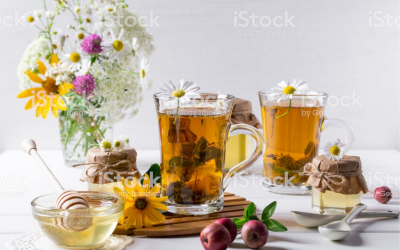
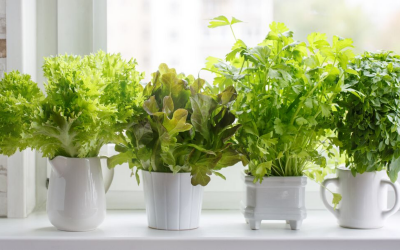
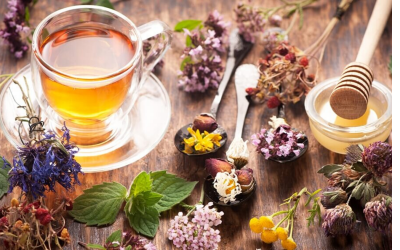
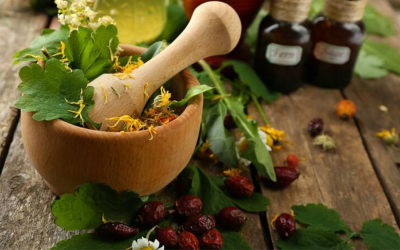
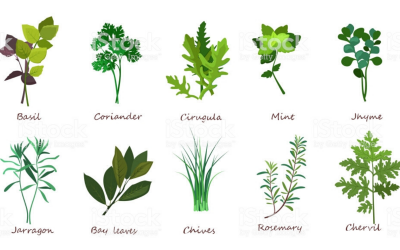
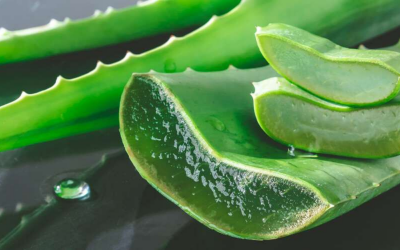
0 Comments